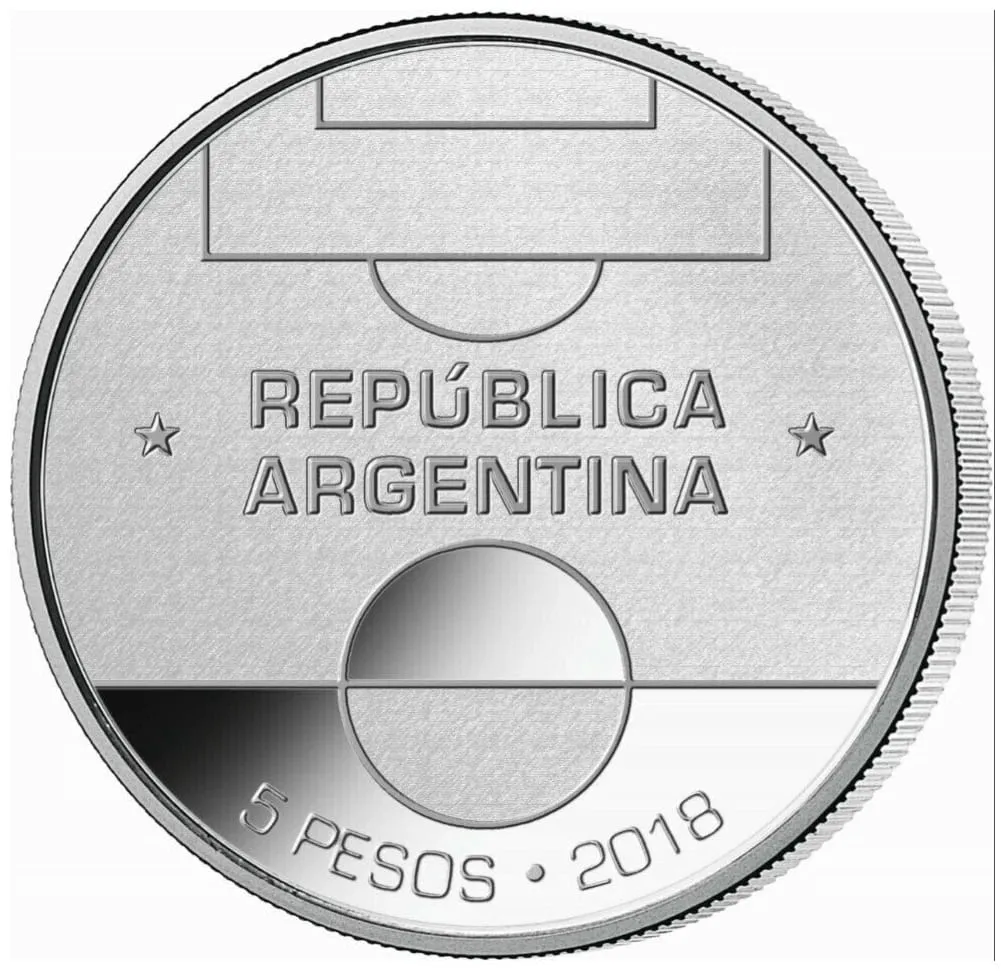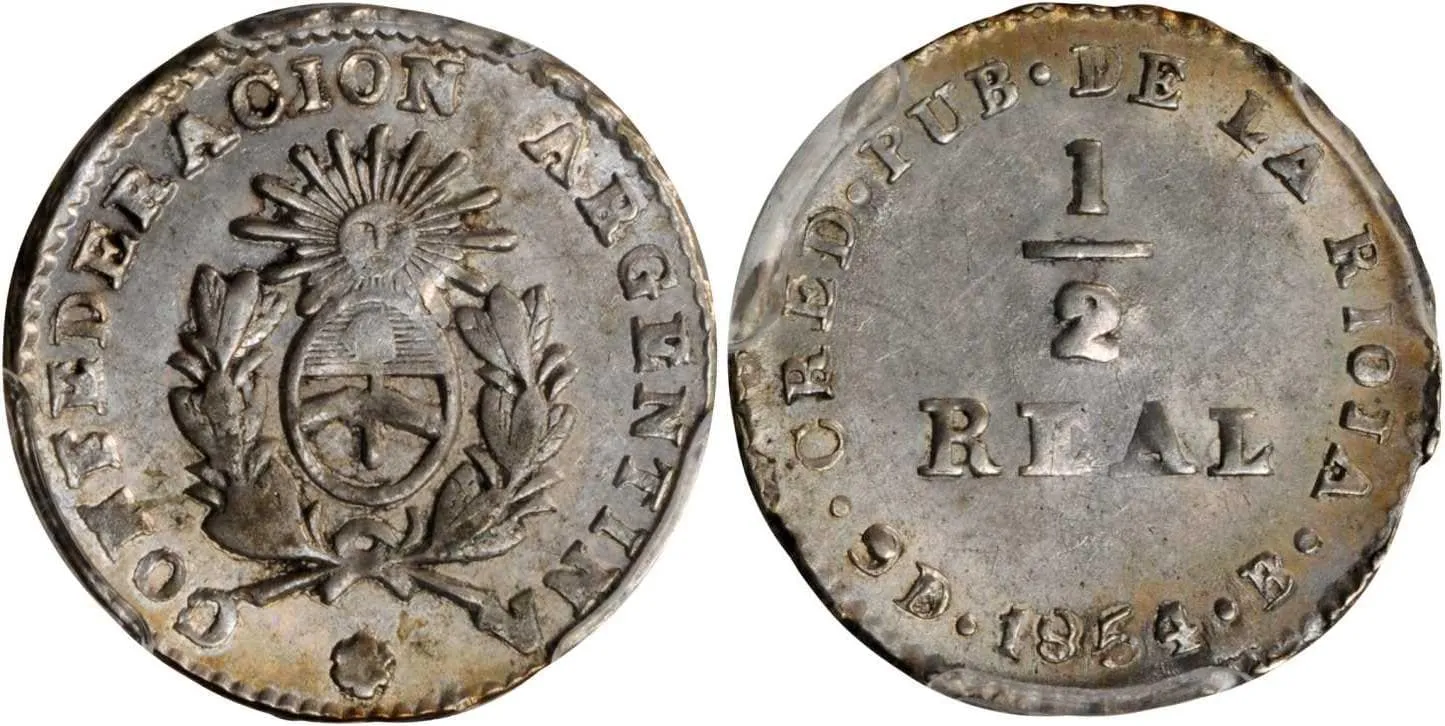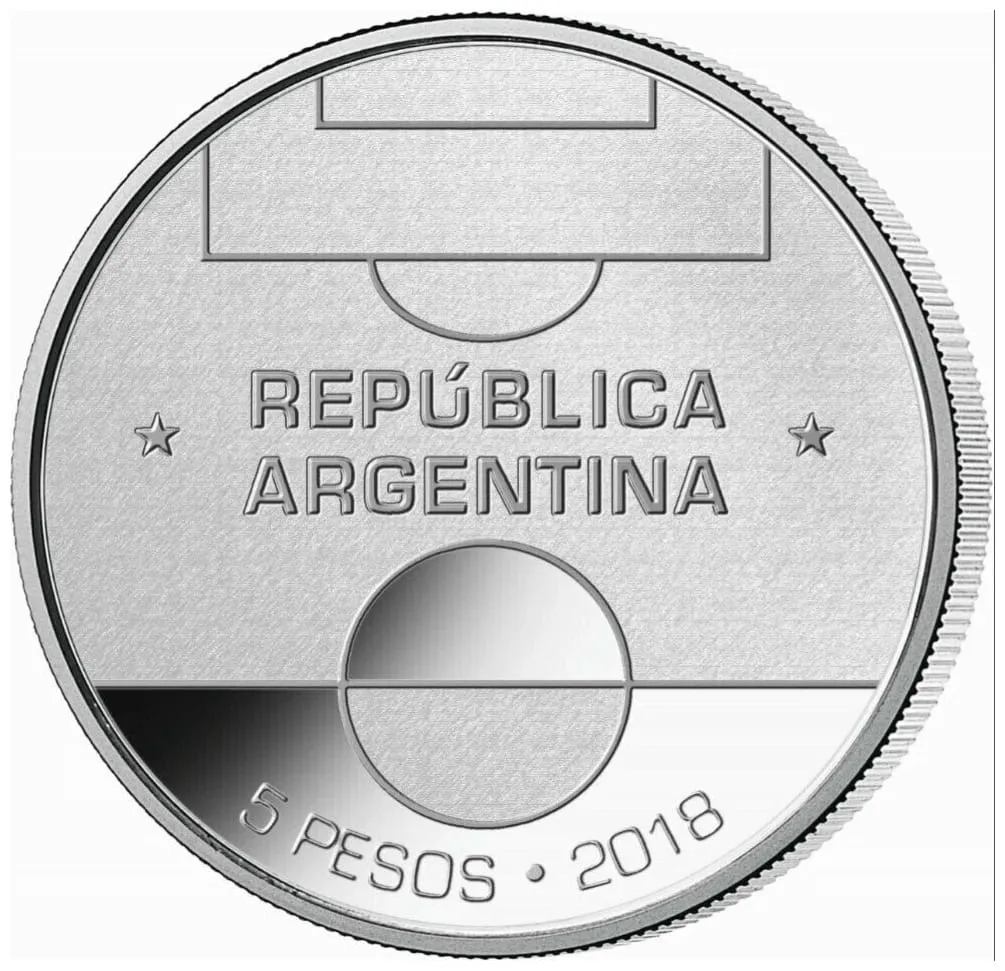The name “Argentina” can be traced back to a Venetian map dating from 1536. Though the term is Spanish, its origins lie in the Italian language. In Italian, “Argentina” translates to “(made) of silver, silver-colored”, a derivation from the Latin “argentum”, which means silver. It’s believed that the term was first coined by Venetian and Genoese sailors such as Giovanni Caboto. In both Spanish and Portuguese, the words for “silver” are “plata” and “prata”, while “(made) of silver” translates to “plateado” and “prateado”. Early European explorers of the La Plata Basin commonly linked Argentina with legends of silver mountains.

The name “Argentina” first appeared in a 1602 Spanish poem by Martín del Barco Centenera, describing the region. By the 18th century, “Argentina” was in common usage, but the formal name during the Spanish colonial period was the “Viceroyalty of the Río de la Plata” and the “United Provinces of the Río de la Plata” following its independence.
The phrase “Argentine Republic” first appeared in the country’s 1826 constitution, and “Argentine Confederation” was often used and codified in the Argentine Constitution of 1853. In 1860, a presidential decree officially dubbed the country the “Argentine Republic” and a constitutional amendment that same year recognized all names used since 1810 as legally acceptable.

Traditionally, English speakers referred to the nation as “the Argentine”, paralleling the Spanish phrase “la Argentina”, which may have originated as an abbreviated form of “Argentine Republic”. This term, however, fell out of favor during the mid-to-late 20th century, and the country is now more commonly known simply as “Argentina.”




